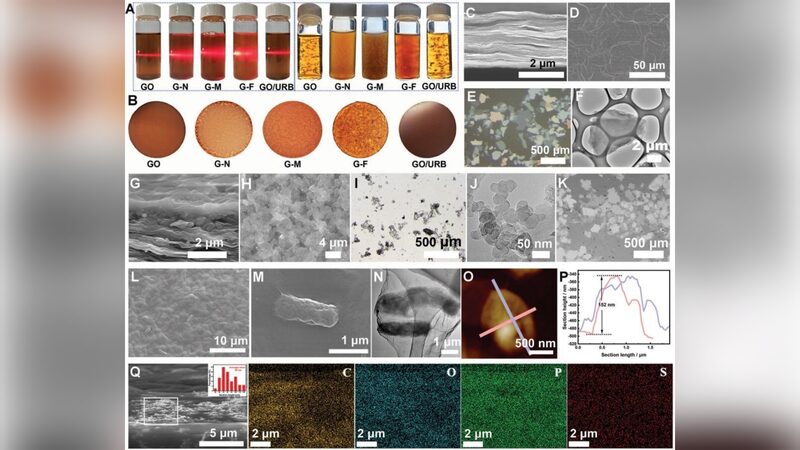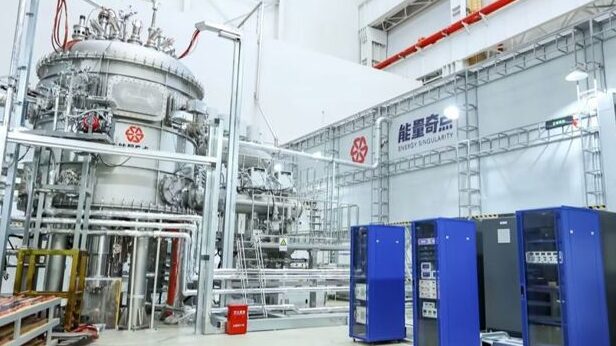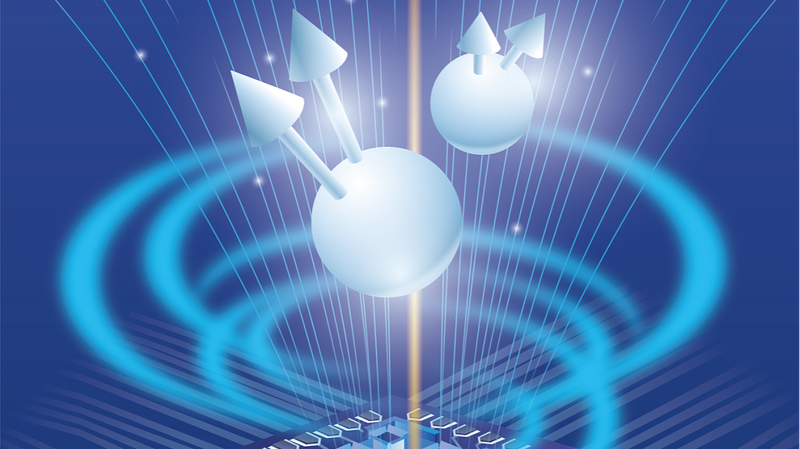In a significant stride for quantum computing technology, Chinese scientists have developed a high-performance anti-interference ruthenium oxide thermometer, achieving temperatures as low as 6 millikelvin (mK). This breakthrough was announced by the Anhui Quantum Computing Engineering Research Center and reported by Science and Technology Daily on Sunday.
The thermometer, developed by QuantumCTek, not only sets a new record in China but also positions the country at the forefront of global advancements in ultra-low temperature measurement technology for superconducting quantum computing.
Quantum computing relies on the principles of quantum mechanics to perform complex calculations at speeds unattainable by classical computers. One of the significant challenges in quantum computing is maintaining ultra-low temperatures to preserve the delicate quantum states of superconducting qubits.
The development of this thermometer addresses the critical need for precise temperature measurement in these extreme conditions. By achieving a starting temperature close to 6 mK, the thermometer reduces thermal noise and enhances the stability and performance of quantum computing systems.
“This achievement marks a crucial step forward in our quest to develop practical quantum computers,” said a spokesperson from QuantumCTek. “Accurate temperature measurement at such low scales is essential for the operation and scaling of superconducting quantum processors.”
China’s investment in quantum technology has been accelerating, with significant resources allocated to research and development. This breakthrough underscores the country’s commitment to becoming a global leader in quantum computing, which has the potential to revolutionize industries ranging from cryptography to materials science.
The new thermometer not only represents a technological milestone but also provides a valuable tool for scientists and engineers working on the next generation of quantum devices. Its anti-interference capabilities ensure more accurate readings, which are essential for the delicate manipulations required in quantum experiments.
The international scientific community is watching these developments closely, as advancements in quantum computing are expected to have profound implications for computing power and security worldwide.
Reference(s):
Chinese scientists develop world-leading quantum computing thermometer
cgtn.com








